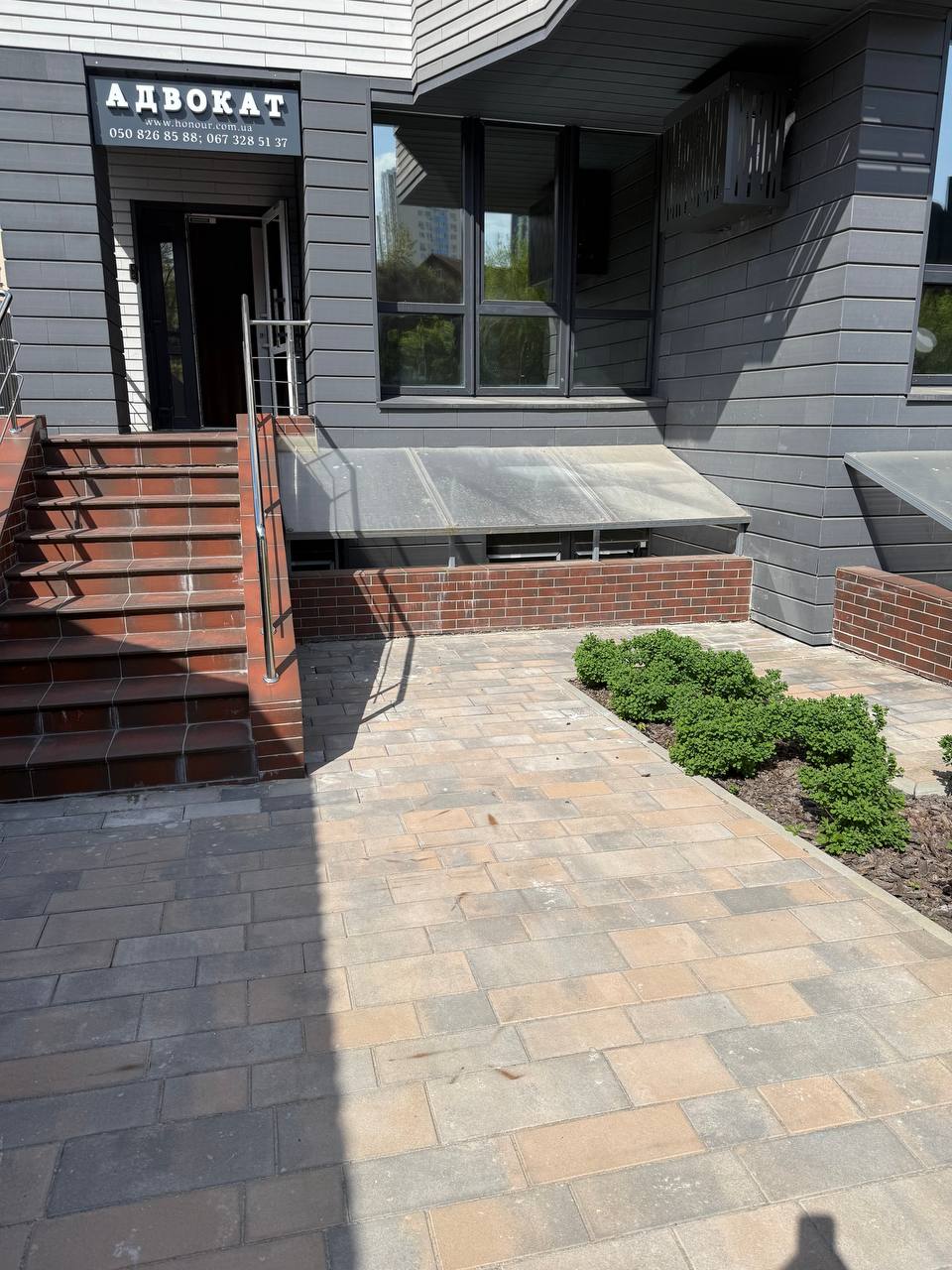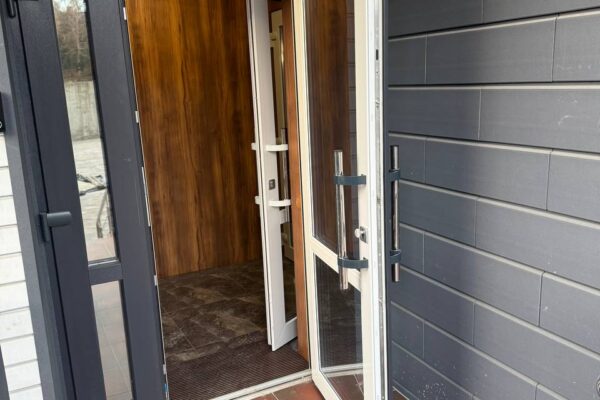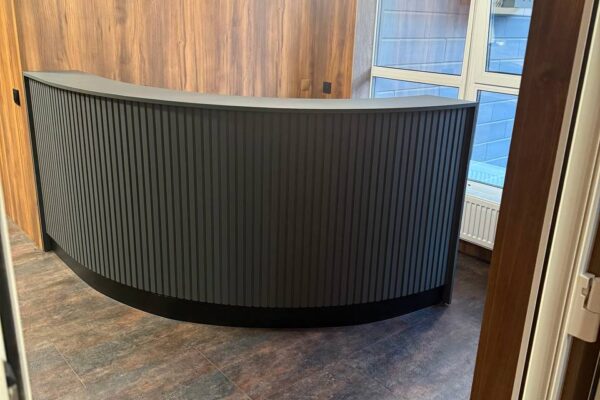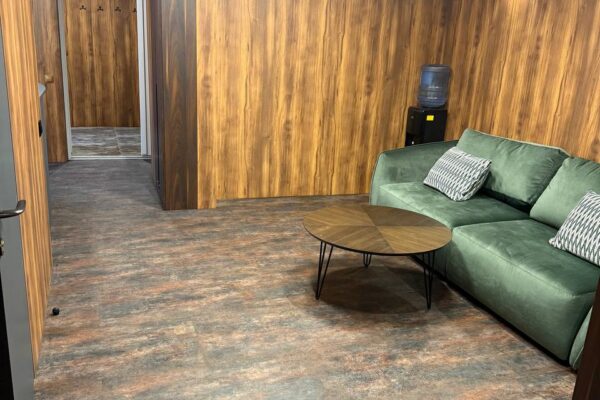Drafting applications, complaints, procedural and other legal documents – this is an important and most common part of legal practice, requiring accuracy, attention to detail, and knowledge of the law.
Procedural documents include:
- Statements of claim – documents submitted to court to protect violated rights.
- Petition – applications requesting the court to perform certain procedural actions.
- Complaints – documents aimed at appealing court decisions or acts and actions of officials.
- Responses to lawsuits – documents containing objections to the plaintiff's claims.
- Appeals and cassation complaints – documents submitted to appeal decisions of courts of first and appellate instance.
When drafting applications, complaints, procedural and other legal documents, it is necessary to take into account several key aspects that will ensure their legal validity and effectiveness.
🔹 Firstly, it is necessary to carefully study the relevant laws and codes that regulate a specific type of procedural action (for example, Civil Procedure Code, Criminal Procedure Code and others). In addition, it is important to take into account the current case law in similar cases, as it may affect the interpretation and application of the law.
🔹 Second, each type of procedural document has statutory requirements for form and content. It is necessary to strictly adhere to these requirements for the document to be accepted for consideration, namely:
- the document must be written in clear and understandable language, without ambiguities and unnecessary details;
- all facts and arguments in the document must be supported by references to legal norms and evidence;
- procedural documents must be attached all available evidence, which confirm the facts stated;
- it is important to follow legally established deadlines filing procedural documents, as their omission may result in the loss of the right to defense;
- necessary provide complete and correct details the court, the parties and other participants in the process.
Applications, complaints, procedural and other documents of a legal nature are usually drawn up in writing. Usually you need to submit several copies document for the court and other participants in the process.
📌 Documents can be submitted:
- personally;
- by mail;
- electronically through the electronic document management system.
In some cases it is necessary to pay state duty.
Contacting a lawyer This is usually a necessary measure for drafting applications, complaints, procedural and other legal documents.
📌 Here are a few key reasons why this is so important:
✅ Lawyers have in-depth knowledge procedural legislation, which allows them to correctly execute documents, taking into account all requirements and nuances.
✅ Laws are constantly changing., and lawyers monitor these changes so that your documents always comply with current regulations.
✅ Drafting procedural documents requires not only knowledge of the laws, but also the ability to use them correctly.
✅ This is a process that requires attentiveness and concentration.
✅ A lawyer will be able to present your position., using legal terminology and argumentation.
⚠️ Incorrectly executed documents can cause refusal to accept them court or cause other negative consequences.
💡 Therefore, contacting a lawyer for drafting applications, complaints, procedural and other legal documents - this is an investment in your peace of mind and confidence in a positive outcome.











